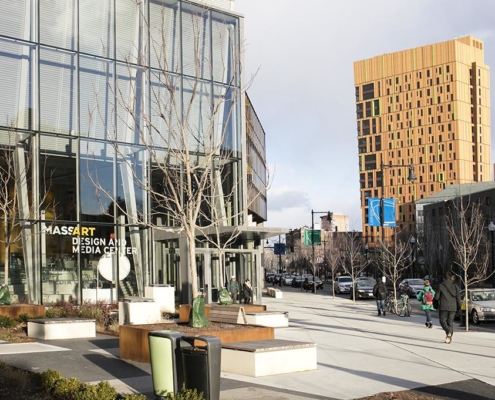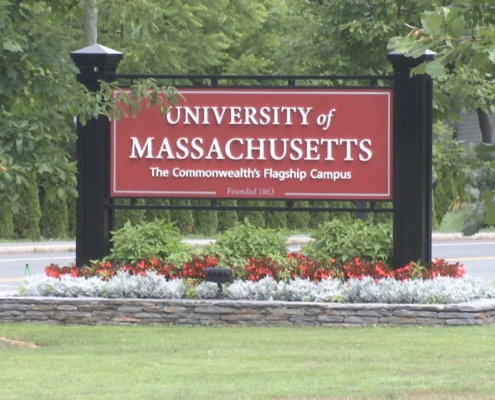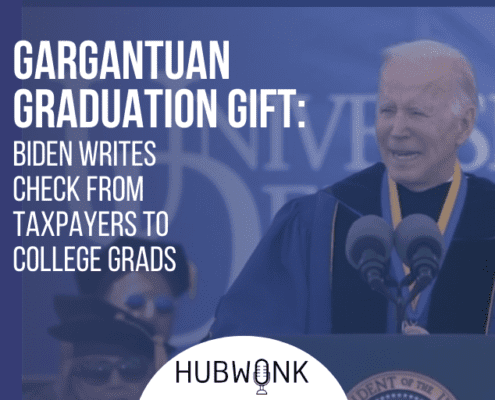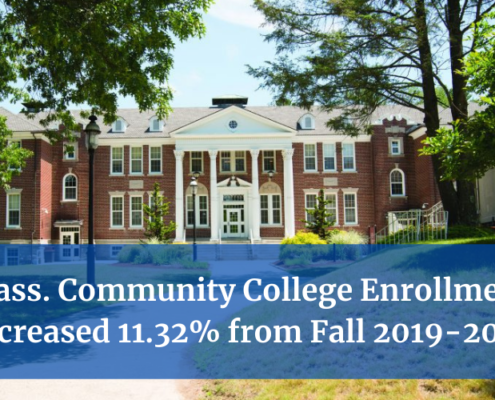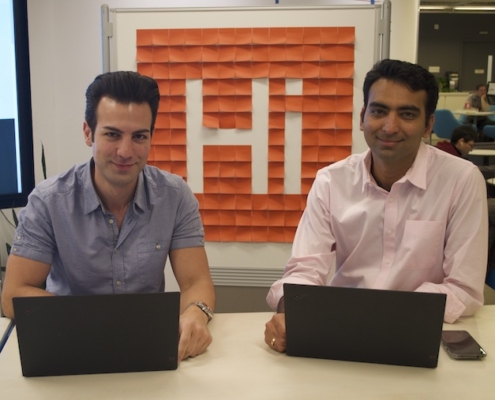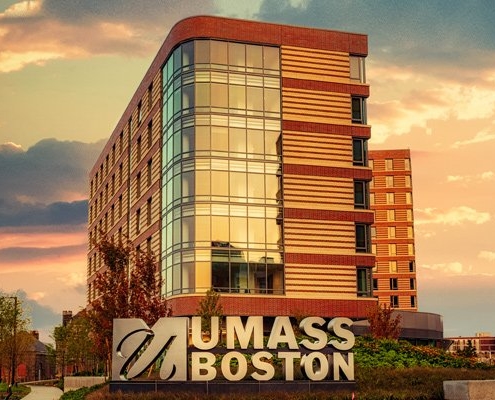A Rational Voice on the State of American Higher Education and the Cost Crisis
At a time of increasing disruption in the higher education marketplace, Pioneer Institute is working to ensure that our 2-, 4- and advanced degree-granting institutions — which are the envy of the world — innovate and address spiraling tuition costs.
Too many students — 1 in 8 — are grappling with overwhelming college loan debt. Some smaller private colleges are struggling to survive or right-size in recognition of shrinking demand. Meanwhile public institutions suffer from an acute case of “empire building,” erecting new dorms and building out residential services that will require billions of additional dollars, even as the Commonwealth’s high school graduating classes are declining in number.
Too often the proposals put forth are poorly crafted and aimed at political ends rather than the public good. Pioneer stands out for promoting thoughtful solutions, such as:
- Purdue’s Back a Boiler program, which minimizes the need for students to assume loan debt
- Boston-based Duet, which is aiming to have 70 percent of its students complete an Associate’s degree within three years (a rate five times higher than area community colleges)
- Ways to adapt course and program offerings to meet the needs of a changing job market
The Institute will also continue to push back against ideas that will have a negative impact on the quality of our higher education offerings and the quality of life for the generations to come. See below for our latest commentary, research, and initiatives to help inform the debate on this topic.
WBUR RadioBoston: Debating Senator Warren’s Proposal For Free Tuition And Student Loan Debt Relief
Massachusetts Senator and presidential hopeful Elizabeth Warren has proposed free tuition at all 2- and 4-year public colleges, and debt relief for current students. Would this solve our student loan crisis? Pioneer Executive Director Jim Stergios debated this topic with Zac Bears, Executive Director of PHENOM, on WBUR 90.9 FM RadioBoston. Listen now.
The Baker administration and the Massachusetts Board of Higher Education (BHE) should slow down a fast-tracked proposal to protect students from sudden, unexpected college closings such as what occurred at Mt. Ida College, and use the time to rethink the proposal from top to bottom, according to a new study published by Pioneer Institute.
Read coverage of this report in The Chronicle of Higher Education: “Massachusetts Wants to Regulate Private Colleges That Might Close. Is That a Good Idea?”
By Zipporah Osei | APRIL 16, 2019
“[Report author Greg] Sullivan spoke recently with The Chronicle about what role he thinks lawmakers should play in protecting students from sudden college closings…”
Reports & Analysis Reviewing Enrollment, Management, and Spending Decisions at UMass
- UMass at a Crossroads: Are UMass’ Aggressive Capital Expansion & Out-of-State Recruitment Good for Mass. Students?
- Public Statement On UMass Boston Finances
- Public Statement: Pioneer Institute Questions UMass Amherst’s Purchase of Mt. Ida Campus
- Study: UMass Amherst Admissions Standards Now Higher for MA Students than Non-Residents
- Public Statement: Admission Bias Against Massachusetts Residents
- Policy Brief: UMass Has a Spending Problem
- Has UMass used financial aid packages to favor out-of-state students?
2018 Better Government Competition Winner: Purdue Back a Boiler Fund
This program is a tuition payment alternative to federal or private loans for undergraduate students. Through an Income Share Agreement (ISA), alumni investors cover some of individual students’ tuition. Repayment is made upon employment as a share of the graduate’s income over a predetermined time period. Read more about this program and other proposals to address the student debt crisis here.
Get our higher education updates!
Related Posts


